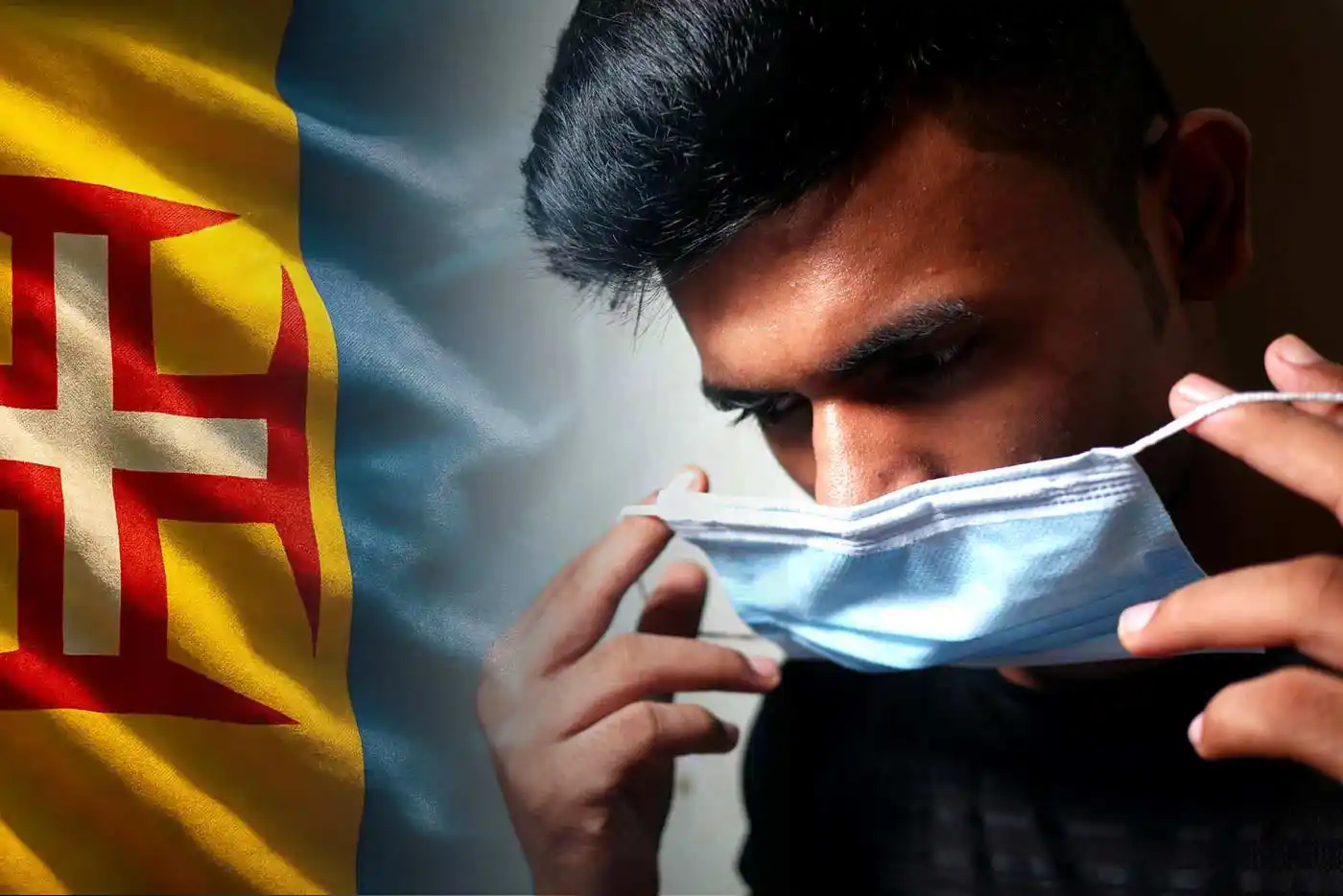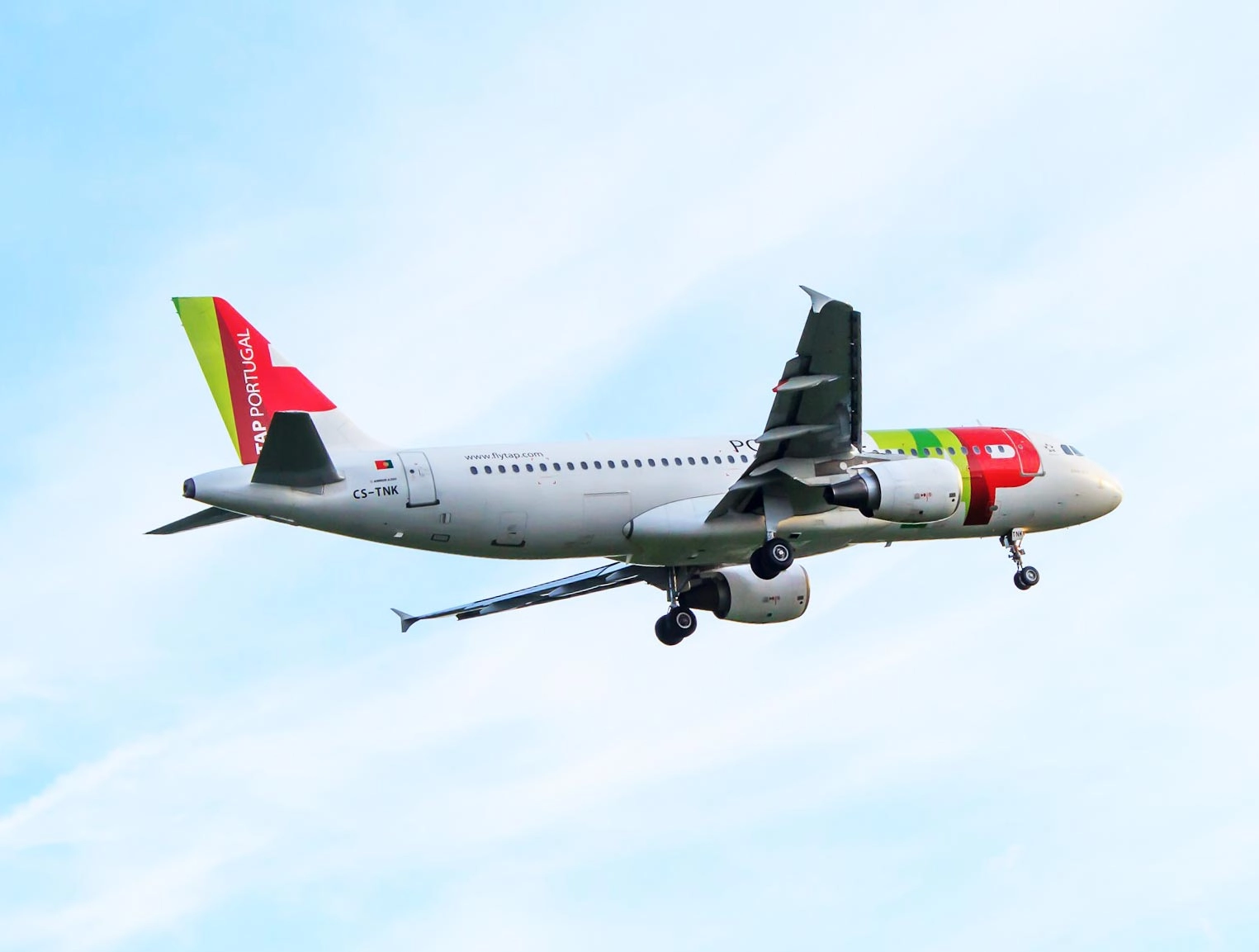Fire Erupts After Rocket Launch at Local Festival
The catastrophic wildfire that ravaged the island of Madeira for nearly two weeks is suspected to have been sparked by fireworks / rocket launches during a local festival. The blaze, which started in the parish of Serra de Água in Ribeira Brava, spread across several municipalities, including Câmara de Lobos, Ponta do Sol, and Santana, consuming approximately 5,104 hectares of land, according to data from the European Forest Fire Information System (Copernicus).
Two Suspects Identified, One Leaves for Switzerland
The Portuguese Judiciary Police have identified two suspects believed to be responsible for launching the rockets that ignited the fire. According to Publico, one of the suspects has been officially named as a defendant, while the other has traveled to Switzerland, where he is an emigrant. Authorities have indicated that neither suspect is affiliated with the festival on August 14-15, dedicated to the parish's patron saint. Reports suggest the fireworks were used spontaneously, hours before the religious event was set to begin.
Weather Conditions and Firefighting Challenges
Father Isildo Gomes da Silva, the local parish priest, confirmed that no fireworks were launched at the official start of the festival at noon because the fire was already raging by then. He noted that escalating temperatures and wind speeds prompted authorities to upgrade the weather warning from yellow to orange, prohibiting the launch of explosives. However, the rockets were launched earlier in the day, around 9 a.m., when the yellow alert still allowed such activities.
The fire, which broke out on August 14, quickly spread to inaccessible mountainous areas, posing significant challenges for firefighters. Madeira's limited firefighting resources, including only one helicopter, initially led the regional government to decline external assistance. It wasn't until the fire spread to neighboring municipalities that the government requested help from the European Civil Protection Mechanism, resulting in the deployment of two Canadair aircraft from Málaga.
Environmental and Human Impact
The Canadair planes, which faced operational limitations due to their need to refuel at Porto Santo Airport, played a crucial role in containing the fire. Despite their efforts, the fire caused significant environmental and human impact. President Miguel Albuquerque noted that much of the burned area consisted of scrubland, including acacias, eucalyptus, and gorse, but assured that the central core of the UNESCO-listed laurel forest remained largely unaffected. However, the fire endangered the nesting area of the critically endangered Madeira petrel on Pico Ruivo.
Fire Forced Families to Leave Their Homes for Good
The fire forced the evacuation of around 35 families, totaling approximately 100 people. The destruction of pastures and the increased risk of landslides, especially with the onset of autumn rains, are among the disaster's most serious consequences. The Ponta do Sol Municipality has urged the regional government to take preventive measures on the affected slopes to avoid future landslides.
Source: Publico








Comments